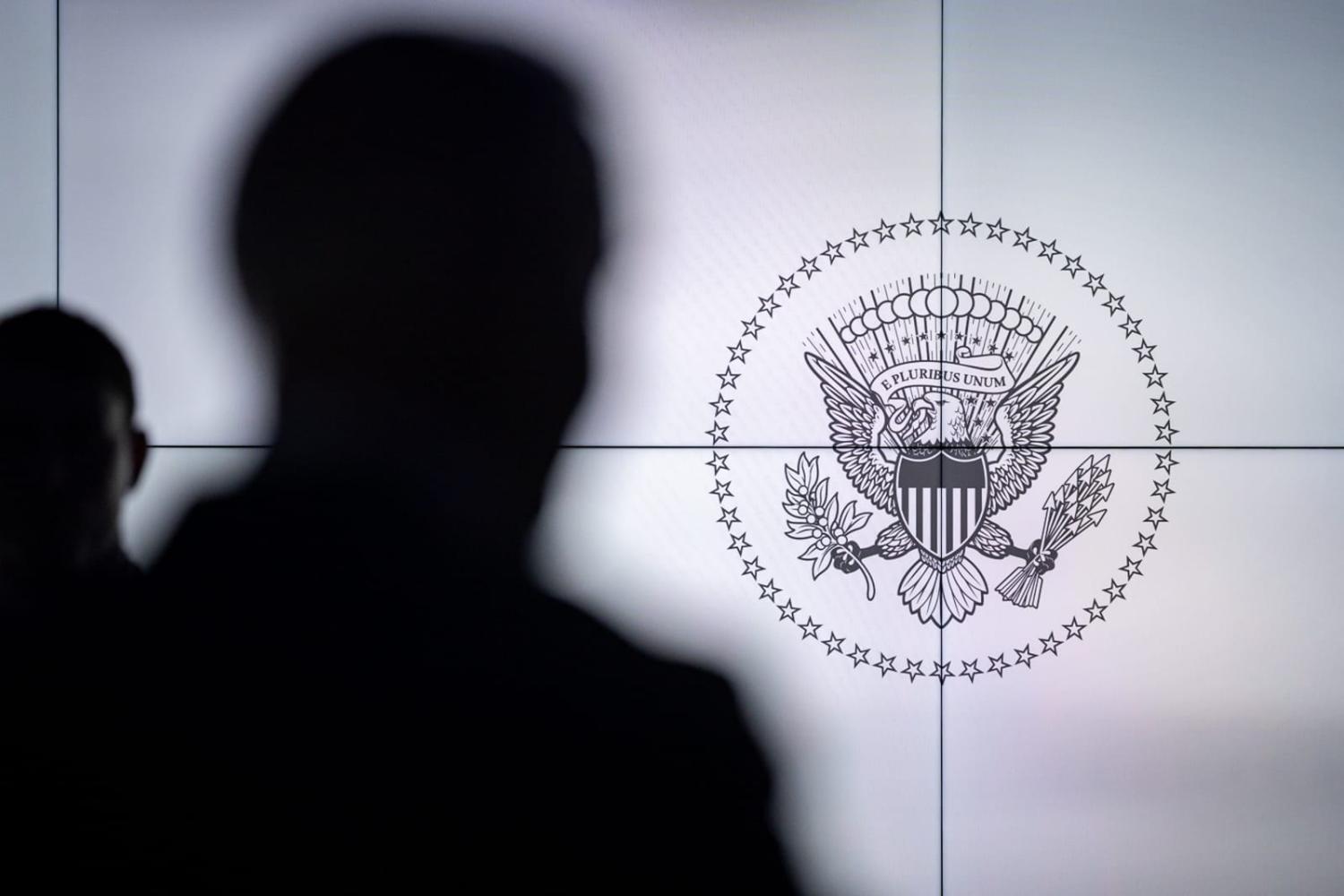“American leadership is what holds the world together,” said US President Joe Biden in a televised national address last Friday. It was a comment bound to get a reaction, and sure enough, economist Adam Tooze has devoted his latest Substack newsletter to the topic.
Biden’s claim has some truth when we apply it to the role of the US dollar as global reserve currency, Tooze argues, but on issues from climate change to international security to the world economy to health policy, the United States is in no way the central organising force. Rather, “intelligent, seemingly well-meaning and worldly Americans set about, in a highly organised way, to sabotage the effort of most of the rest of the world to organise itself”.
Why is the United States behaving this way? In part, because its rivalry with China will not allow for much cooperation, even on the most pressing global challenge of all, climate change. Congress also acts as a brake on any ambitions that the Biden administration may have in that arena.
This is the political ferment that Australia’s Prime Minister Anthony Albanese steps into this week in Washington, and it will also shape the course Albanese has chosen in defence and foreign policy.
At the risk of over-simplifying, one way to summarise Tooze’s argument is that, in prioritising its own interests and in being driven by domestic political forces, the United States is behaving like any other country. That shouldn’t shock anybody, except perhaps a US foreign policy establishment devoted to the idea of the United States as special or different; the “indispensable nation”, as former US Secretary of State Madeleine Albright put it, a phrase Biden revived in his address.
The exceptionalist mindset is grounded in the idea that the United States has vital interests in every corner of the globe. Last Friday’s column by Axios CEO Jim VandeHei and Axios co-founder Mike Allen, which claims to be “based on regular conversations with White House”, illustrates this mindset. In a tone of barely concealed panic, the writers reel off a list of global crises of “epic concern and historic danger”: Ukraine, Israel-Hamas, North Korea, Iran, the Russia-China axis. All these threats could “fuse into one”, although we’re never told how.
At no point do the authors stop to examine the actual stakes for the United States in any of these crises. It is simply assumed that they are vital. The article quotes former US Defence Secretary Robert Gates: “There's this gigantic funnel that sits over the table in the (White House) Situation Room. And all the problems in the world end up coming through that funnel to the same eight or 10 people.”
“All the problems in the world”, no less.
The United States remains exceptional in the sense that it defines its interests more broadly than any other nation. But it doesn’t behave as if every world problem is America’s problem. Just like any other country, the United States prioritises issues and crises that most threaten its interests. That’s why Biden pulled out of Afghanistan in 2021. That country was no more nor less benighted than 20 years earlier, when the United States invaded. The US mission had in no way been accomplished. But the Biden administration arrived at the (entirely defensible) conclusion that the survival of Afghanistan’s democracy and resistance to Taliban rule were no longer vital US interests requiring the level of resourcing hitherto devoted to them.
So, the United States isn’t as different as all that.
The implicit argument of the Axios column, and of Biden’s claim, is that the worst sin America can commit is that of omission: everything will get worse unless America and its allies get involved (a British example of the genre appeared in last weekend’s Sunday Times). But even the United States doesn’t have the resources to back up such a worldview, and it doesn’t behave that way in practice.
The big question is: how constrained will American ambitions become in an era of competition with China? For the first time in America’s history as a great power, it must meet a rival of equal economic weight. My bet is that the United States will choose to share power rather than fight to retain unchallenged leadership because its vital interests don’t demand a confrontation with Beijing. In other words, I’m betting that the United States will behave like a normal country.

